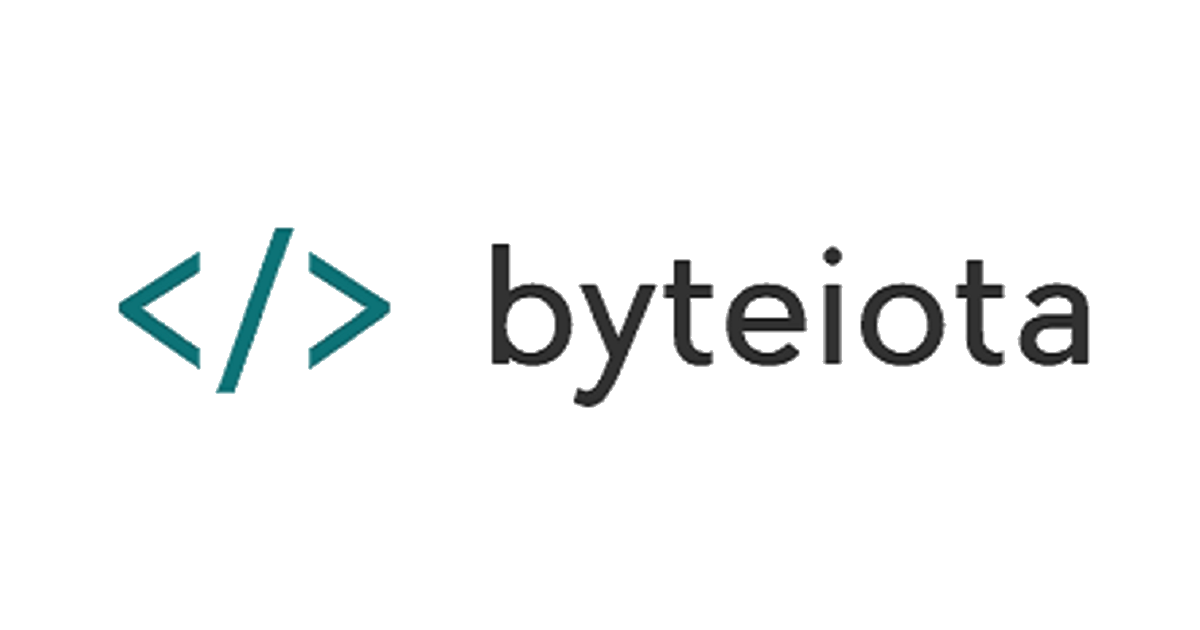
The open-source project ravynOS hit the Hacker News front page this week, racking up over 200 points and sparking debate. Its promise is ambitious: a free, BSD-based operating system with source and binary compatibility with macOS. With 6,000+ GitHub stars and version 0.6.1 released last month, developers are asking the obvious question – is this actually viable?
What ravynOS Promises
The project’s goals read like a macOS developer’s wishlist. Source compatibility means compiling Mac applications directly on ravynOS. The GUI mimics macOS conventions – top menu bar, app launcher, familiar /Library and /Users folder structure. Under the hood, it’s FreeBSD, giving you a solid Unix foundation with ZFS support.
Self-contained App Bundles work like on macOS. Linux binaries run via FreeBSD’s compatibility layer. The eventual goal: running actual x86-64 and ARM Mach-O binaries from macOS.
The Reality Check
Let’s be clear about where ravynOS actually stands. Simple C and Objective-C Mach-O binaries work. Some native Cocoa AppKit applications compile and run. The installer app itself runs natively.
But Photoshop? Xcode? Years away, if ever. This is alpha software after four years of development, and the community estimates another 5-10 years before anything resembling production readiness.
That timeline isn’t pessimism – it’s history. ReactOS has been building a Windows-compatible OS for over two decades and hasn’t shipped version 1.0. Haiku, the BeOS clone, took 18 years to release R1 Beta 1. Operating system clones are marathons measured in decades.
Why Developers Should Pay Attention
Despite the long timeline, ravynOS addresses real pain points. Apple’s hardware lock-in frustrates developers who like macOS but not its price tag. macOS licensing for CI/CD pipelines is expensive and restrictive. The inability to legally virtualize macOS on non-Apple hardware limits testing options.
If ravynOS (or projects like it) ever achieve reasonable compatibility, the implications are significant: development environments without Apple hardware, CI runners without macOS licensing headaches, and freedom from ecosystem lock-in.
The Competition
ravynOS isn’t alone in this space. HelloSystem takes a similar FreeBSD-plus-macOS-aesthetic approach. GNUstep implements Cocoa APIs on Linux. Darling attempts macOS binary translation like Wine does for Windows.
None have cracked the problem. macOS compatibility is harder than Windows compatibility – Apple controls the entire stack and doesn’t document most internals. Every project chips away at different pieces of the puzzle.
The Verdict
ravynOS is interesting but not useful today. It’s a long-term bet on open-source eventually providing a macOS-compatible environment. For most developers, it’s worth watching from a distance – star the repo, check back yearly.
But if you’re a systems programmer looking for an ambitious project to contribute to, or simply curious about OS development, ravynOS offers a fascinating codebase built on solid FreeBSD foundations. Just don’t expect to replace your Mac anytime soon.


